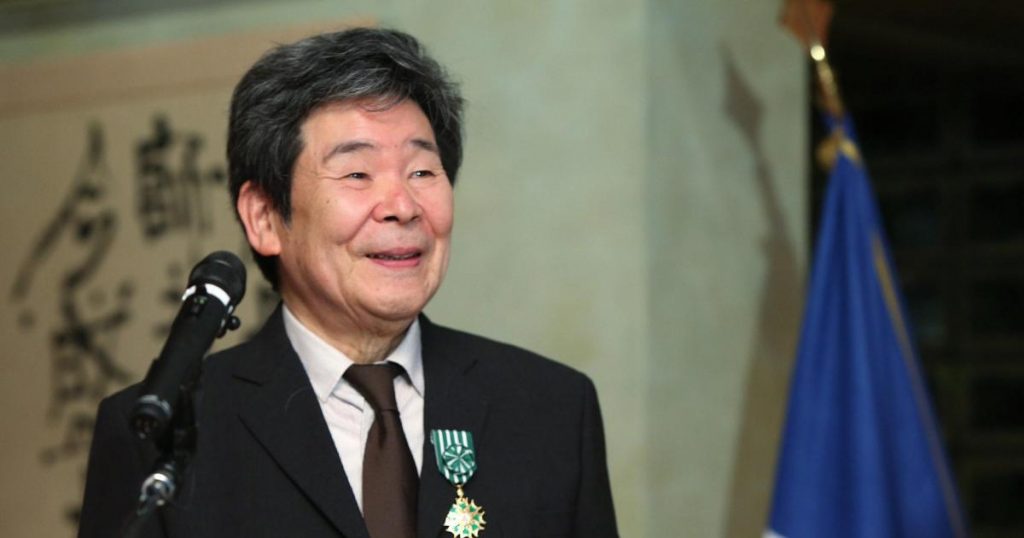
Hungarian Prime Minister Viktor Orban is on course to secure another four-year stint in power on Sunday, paving the way for Europe’s most prominent populist leader to continue building what he calls an “illiberal democracy.”
Orban’s right-wing Fidesz party comfortably leads most opinion polls ahead of the vote, though a surprisingly bruising election campaign has put the incumbent’s parliamentary majority on shaky ground.
“There are two different worlds to this election. To the outside world, it’s all about migration and conspiracy theories. But for many opponents of Orban in the country, social issues and corruption allegations are more important,” Andras Biro-Nagy, political analyst at Policy Solutions, a Hungarian think tank, told CNBC in a phone interview.
“Orban’s far-right rhetoric is even more extreme than (President Donald) Trump when it comes to migration. The country has shifted to the far-right and, in doing so, has become a role model for such parties with similar ambitions in Austria, Germany and France,” he added.
“Everyone is watching to see if the tide of populism has turned — it hasn’t,” Otilia Dhand, senior vice president of Teneo Holdings, told CNBC via phone interview.
“My guess is by 2022 the Hungarian opposition may have finally got their act together and so will stand a much better chance then,” she added.
The presidential election is viewed by some external observers as a test to discover exactly how strong Europe’s populist pulse is beating, following the success of anti-establishment parties in Italy last month.
“Orban is the strongest populist leader with the most powerful position in the EU. He’s also recognized by several other far-right parties as the man to follow. So of course it is very, very important how successful that man becomes,” Policy Solutions’ Bíró-Nagy said.
Hungary’s long-time premier has consistently vowed to maintain a forceful defense of the country’s borders and culture against an influx of people from the Middle East and Africa.
The issue is a key election topic in the country, which found itself at the heart of the continent’s refugee crisis in 2015. That summer, almost 175,000 people submitted asylum applications to Hungarian authorities, with 425 being accepted, according to Eurostat.
Last year, the number of applicants seeking asylum in the country slowed dramatically to just 3,115 requests, with only around 33 percent receiving a positive response.
“Fidesz tries hard to be seen as the protector of external enemies and, in doing so, it creates a siege mentality,” Dhand said.
In addressing a sizable crowd at a rally in the capital city of Budapest last week, Orban said his ruling party had been fighting against shadowy international forces looking to break Hungary.
“Europe is now under invasion … (Brussels) wants to dilute the population of Europe and to replace it, to cast aside our culture, our way of life and everything which separates and distinguishes us Europeans from the other peoples of the world,” he said.
Orban’s latest comments were reminiscent of a now infamous speech he made back in 2014, in which he had championed the idea of an “illiberal democracy.”
Shortly after his second consecutive electoral victory four years ago, Orban said Hungary would reject a common set of values among EU countries broadly thought to be liberal and democratic and, instead, it would look to follow in the footsteps of countries such as China, Russia, Turkey and Singapore.
Hungary, which joined the EU in 2004, has frequently been at loggerheads with Brussels since its ascension to the bloc. The former communist state has often been criticized for looking to assert its influence over courts, the media and other independent institutions.
Orban has also often attempted to vilify Hungarian-born billionaire George Soros for the immigration “problem.” And at the start of the year, he introduced draft legislation to “Stop Soros.” This included a 25 percent levy on foreign donations that backed illegal migration in Hungary.
Soros, whose political views are in stark contrast to Budapest’s ruling Fidesz party, had previously said he believed he was targeted by an administration “stoking anti-Muslim sentiment and employing anti-Semitic tropes reminiscent of the 1930s.”
Orban’s view that European culture is under an existential threat from migration and multiculturalism is squarely at odds with both Soros and the EU.
“The majority of people here do not believe in the migration issue or the Soros scapegoat stories but the minority of Orban supporters that do are fragmented and easy to mobilize so they are difficult to fight,” Robert Laszlo, elections expert at Budapest-based think tank Political Capital, told CNBC in a phone interview.
In an election system that tends to favor the winner, Orban has a fragmented — but stable — political base of around 2 million voters. That’s about 20 percent of the total population.
“(However) a growing appetite among dissatisfied voters is likely to encourage higher turnout and therefore a higher chance of success for Orban’s rivals. And as each district is set up as winner takes all, people could back the most likely candidate rather than the one they would choose,” Policy Solutions’ Bíró-Nagy said.
Fidesz is the clear favorite to secure enough votes to retain its majority, followed by far-right party Jobbik and the Hungarian Socialist Party.
Opposition party leaders have pinned their hopes on a recent shock by-election defeat for Orban’s Fidesz party. The battle for political control in Hodmezovasarhely culminated in victory for independent candidate Peter Marki-Zay in February. Despite being a political novice, Marki-Zay won 57.5 percent of the vote as he enjoyed the support of the full spectrum of the opposition.
Voter turnout and tactical voting are both thought to be crucial on Sunday, though most analysts still anticipate Orban to secure another parliamentary majority.

